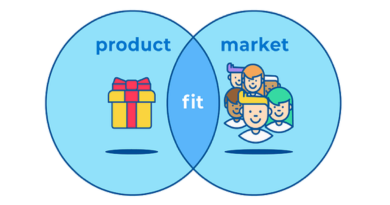Commodity Futures Mastery Made Easy: Beginner-Friendly Tips
Entering the world of commodities trading through futures contracts can initially feel like stepping into unfamiliar territory. Prices move swiftly, opportunities emerge unexpectedly, and the language can seem foreign. But with clear, practical advice and straightforward strategies, mastering commodity futures isn’t just possible—it’s entirely achievable. If you’re new to commodities trading, here are essential, beginner-friendly tips designed specifically to guide your first steps toward futures trading success.
Start Small, Trade Smart
One of the most common mistakes beginners make involves diving in too quickly, risking large amounts before fully grasping how futures markets work. Instead, approach commodities futures trading with caution and patience. Start by placing smaller, manageable trades that allow you to learn without facing overwhelming risks. The goal at first is understanding the market dynamics, not immediate profits. By trading smaller positions, you can comfortably build experience, confidence, and valuable insights while carefully managing risk.
Get to Know Your Commodities
Rather than trying to trade every commodity, begin by focusing on just one or two that genuinely interest you. Familiarize yourself deeply with the factors driving these specific markets. If you choose agricultural commodities like corn or soybeans, carefully follow seasonal patterns, planting reports, and weather conditions. For energy markets such as oil or natural gas, closely monitor geopolitical developments or production news. Deep knowledge about your chosen commodities empowers you to anticipate price movements effectively.
Use Demo Accounts to Learn
One invaluable tool for beginners involves using demo or simulated accounts provided by many brokers. Demo accounts allow you to practice commodities futures trading using virtual money, giving you firsthand experience of market fluctuations without financial risk. Take advantage of demo accounts to develop and refine your trading strategies, test new ideas, and become familiar with the trading platform. By the time you start trading with real money, you’ll already feel comfortable and confident in your decisions.
Clearly Define Your Risk Limits
Risk management stands at the core of successful commodities trading. Beginners often overlook clearly setting their risk boundaries, resulting in unnecessary stress or financial losses. Before placing your first trade, define how much you’re willing to risk on every position, and strictly adhere to this limit. Using tools like stop-loss orders helps you automatically close positions at predetermined levels, protecting your capital from unexpected market swings.
Combine Fundamental and Technical Analysis
Successful traders rarely rely exclusively on a single analytical method. For beginners, learning to combine fundamental and technical analysis from the start can prove extremely effective. Fundamental analysis helps you understand the big picture—economic trends, supply-and-demand dynamics, and geopolitical factors—while technical analysis guides you through entry and exit points, identifying market trends and price patterns. Combining both methods provides a comprehensive perspective, dramatically improving your decision-making.
Maintain Emotional Discipline
Commodities markets move rapidly, and beginners often struggle with emotional responses such as fear, greed, or frustration. Emotional trading decisions frequently result in costly mistakes. To become consistently profitable, practice emotional discipline by following your established trading plan, clearly defining entry and exit points, and resisting impulsive trades driven by sudden market movements. Remember, trading commodities successfully requires a calm, balanced, and disciplined mindset.
Always Keep Learning
Finally, mastery of commodity futures involves continuous learning and adaptation. Markets evolve constantly, influenced by global developments and shifting economic conditions. Stay updated with regular news analysis, join online trading communities, and continuously seek educational resources to improve your trading skills. The most successful traders never stop learning, constantly refining their strategies and staying open to new market insights.




